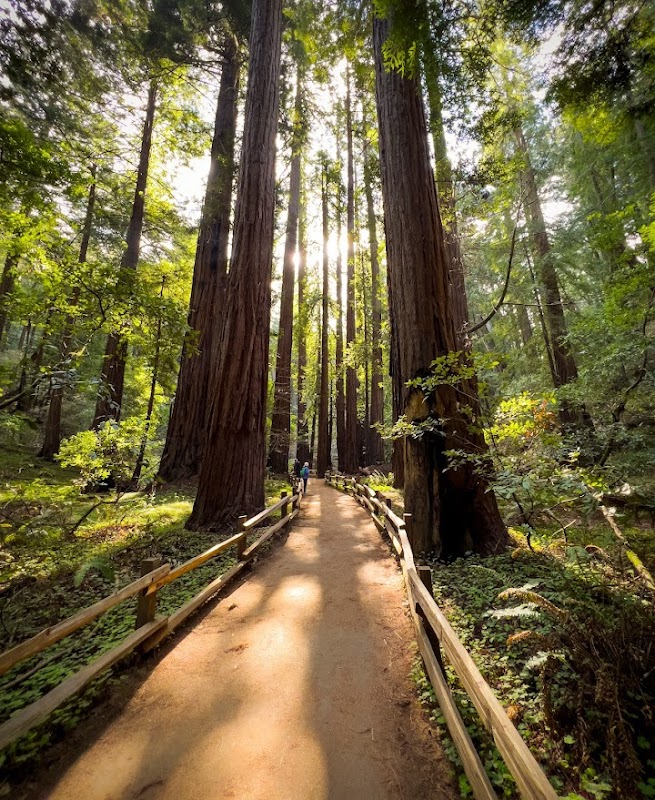
Experience the exhilarating Ilorin Polo Festival in Kwara State, where tradition meets speed in a thrilling showcase of Nigerian horsemanship. This annual event offers vibrant cultural immersion, sweeping open plains, and a spirited connection between rider and horse that beckons all adventure seekers.
Arrive Early for Best Viewing
Getting to the festival grounds early lets you secure a prime viewing spot and soak up the morning atmosphere before the heat intensifies.
Stay Hydrated
The sun presses hard, especially during afternoon matches. Bring enough water for yourself and plan for shade breaks where possible.
Wear Proper Footwear
The festival terrain is largely grassy with occasional uneven patches. Closed-toe shoes with good grip will keep you comfortable while you roam.
Respect the Horses and Riders
Maintain a safe distance from the playing field and listen to instructions from event staff to ensure everyone's safety, including the animals'.
Glide and Gallop: Experiencing the Thrill of the Ilorin Polo Festival
The Ilorin Polo Festival, held annually in Ilorin, Kwara State, offers a compelling blend of tradition, speed, and skill set against the open expanse of Nigeria's vibrant northern savanna. This event, more than a mere competition, is a celebration of horsemanship and local culture where riders and horses engage in a fierce yet elegant ballet, challenging the wind itself.
The festival grounds stretch over a broad, grassy plain just outside Ilorin city, giving spectators sweeping views of the action. The terrain is mostly flat but firm, suited for swift maneuvers and the thunderous rush of hooves. Riders navigate a 300-meter field marked by sturdy goalposts, where accuracy and timing are paramount. The horses, each a proud participant with a personality all their own, seem to race not just for victory but in defiance of the sun hanging high above.
Timing your visit during the dry season, typically between November and February, ensures the ground is reliable and conditions are less taxing. Morning sessions offer a soft glow as shadows lengthen, while afternoon heats push the limits of both riders and animals under the fierce sun, making hydration—both for the crowd and the participants—crucial.
Practical visitors should prepare with comfortable, breathable clothing, sturdy footwear for walking across uneven terrain, and sun protection. The festival draws an energetic crowd, buzzing with local flavor and the occasional burst of cheering. Food stalls offer traditional Kwara dishes, fueling the crowd much like the riders' adrenaline feeds their determination.
Beyond the tournament, take time to explore Ilorin’s cultural heartbeat—local markets and crafts offer insight into the region’s rich heritage. The festival grounds themselves host informal meet-and-greets with riders and trainers, making this an immersive experience, not just a spectator event.
Approach the Ilorin Polo Festival with respect for the skill and stamina on display. It is not just a sport but a dynamic conversation between rider, horse, and the land they claim during those fleeting, thunderous moments. Preparation and timing transform a day at the festival into a vivid and rewarding adventure that lingers long after the cheers fade.
Nearby Trips
All Adventures
Boat Charters
Water Activities
Adventures near Ilorin, Kwara State
Discover the unique and memorable adventures that make Ilorin, Kwara State special.
Frequently Asked Questions
When is the best time to attend the Ilorin Polo Festival?
The festival usually takes place during the dry season between November and February, which offers the best weather and ground conditions for both riders and spectators.
Is the Ilorin Polo Festival family-friendly?
Yes, the event welcomes visitors of all ages. However, parents should keep children close as crowds and fast-moving horses mean vigilance is necessary for safety.
Are there opportunities to meet the riders or learn about polo?
Post-match sessions often include informal chats with riders and trainers. This is a great chance to understand the sport's cultural significance and horsemanship skills.
What local foods should I try at the festival?
Local dishes such as amala, gbegiri, and fried plantain are typically available and offer a robust taste of Kwara cuisine, perfect for refueling during the event.
Can I take photographs during the matches?
Absolutely, but be mindful of photographers’ positioning and avoid obstructing views. Early morning light is ideal for action shots with minimal glare.
Are there any environmental concerns related to the festival?
Efforts are made to maintain the grounds and minimize waste. Visitors are encouraged to use designated bins and reduce plastic use to help protect the festival space.
Recommended Gear
Comfortable Walking Shoes
Supportive shoes with strong grip protect your feet and provide stability on uneven grassland.
Sun Protection (Hat and Sunscreen)
The Nigerian sun can be harsh during festival days; a wide-brimmed hat and SPF 30+ sunscreen help prevent sunburn.
Reusable Water Bottle
Hydration is vital in the heat — carry a lightweight bottle you can refill to stay comfortable.
Lightweight Backpack
Allows you to carry essentials like snacks, water, and a camera with ease.
Local Insights
Hidden Gems
- "A small observation mound near the eastern side of the grounds offers less crowded views of the matches and sunset panoramas over Ilorin."
- "Local craft stalls beyond the main arena showcase unique beadwork and textiles reflecting Kwara heritage."
Wildlife
- "You may spot wary bushbucks and various bird species, like the African grey hornbill, along the outskirts of the festival fields."
- "Monkeys occasionally appear, curious about the nearby bustle but tend to avoid close contact."
History
"Polo in Ilorin dates back centuries, introduced through northern trade routes. The festival evolved as a cultural landmark, symbolizing status, skill, and community spirit among kwara's elite horsemen."
